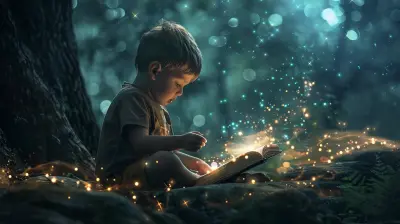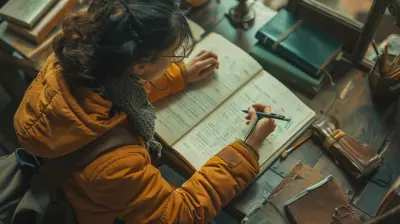The Connection Between Media Literacy and Democracy
19 July 2025
Have you ever felt overwhelmed by the flood of information online? You're not alone. In today's digital age, we're constantly bombarded with news, opinions, memes, and viral content. But here's the thing—how we process all this information directly affects something much bigger than just what we believe or share. It plays a pivotal role in how our democracy works.
Let’s take a deep dive into why media literacy isn’t just a trendy buzzword—it’s the foundation of a healthy, functioning, and informed democracy.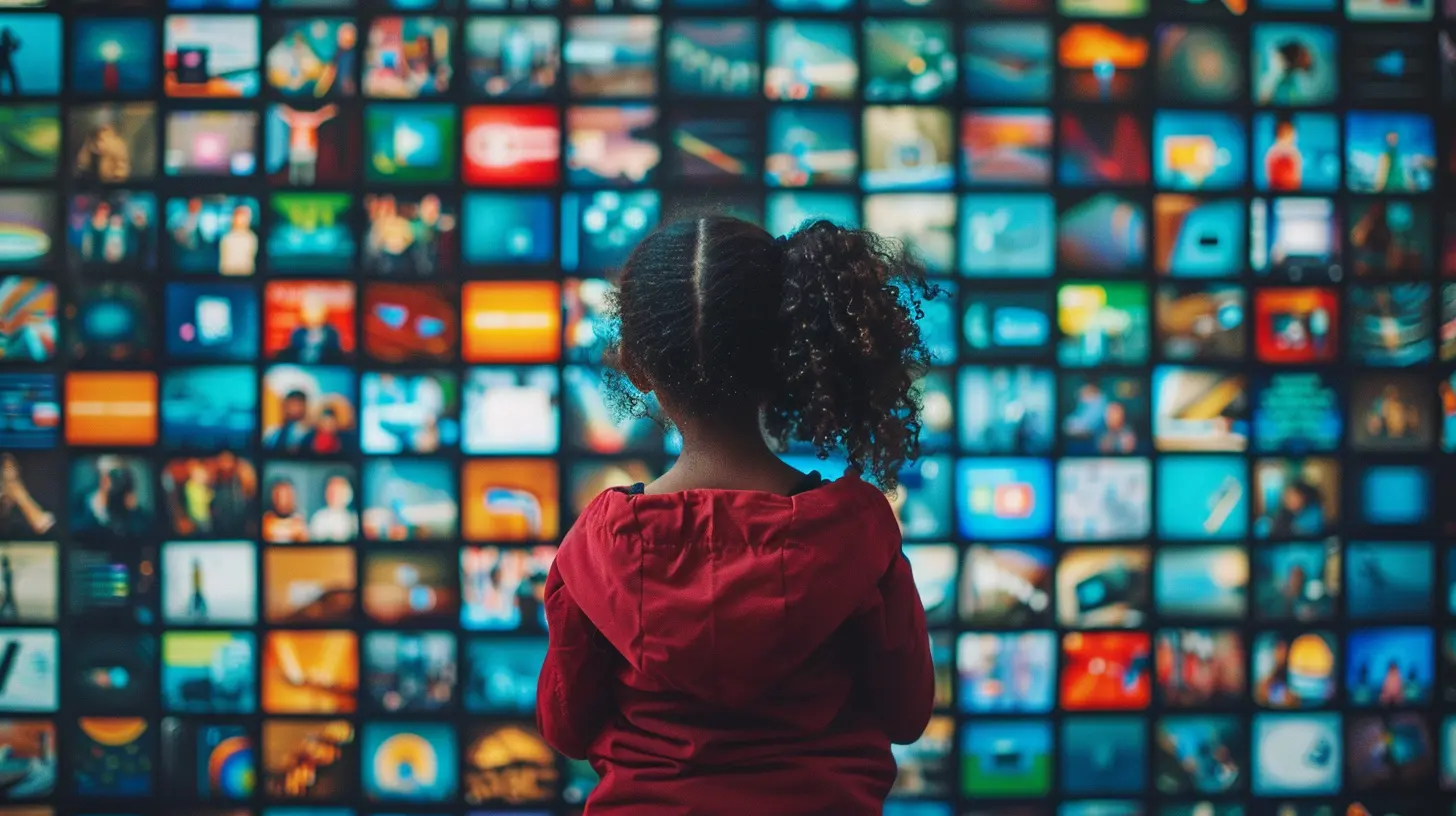
What Exactly Is Media Literacy?
Before we connect the dots, let’s first tackle what media literacy actually means.Media literacy is the ability to access, analyze, evaluate, create, and act using all forms of communication. In simple terms? It's knowing how to spot fake news, understand bias, ask critical questions about sources, and figure out what’s real and what’s just noise.
It’s not just about reading the news. It’s about understanding how and why that news was created and what impact it might have on society.
Think of it like this: media literacy is your mental filter in a world full of digital smog. Without it, you're breathing in every bit of misinformation and manipulation you encounter—ouch.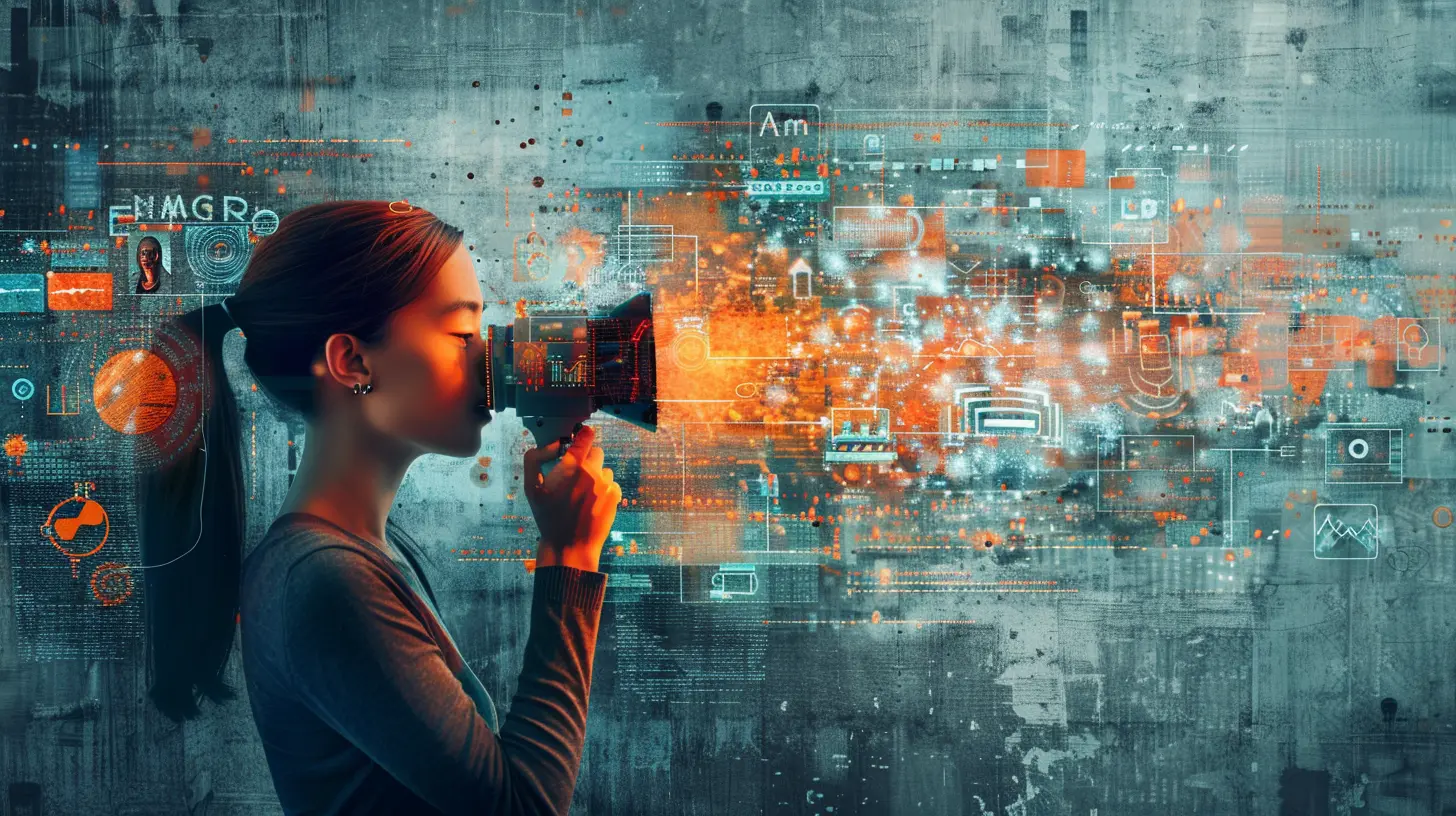
Democracy: A Quick Refresher
Let’s rewind for a second and remind ourselves what we mean by "democracy." At its core, democracy is a system of government where power lies in the hands of the people. Whether it’s through voting, participating in public discourse, or holding leaders accountable, citizens play a crucial role.But here's the kicker—democracy only thrives when people make informed decisions. Not just decisions based on emotion or catchy headlines, but ones grounded in facts and a clear understanding of the issues at hand.
So where does media literacy come into play? Everywhere.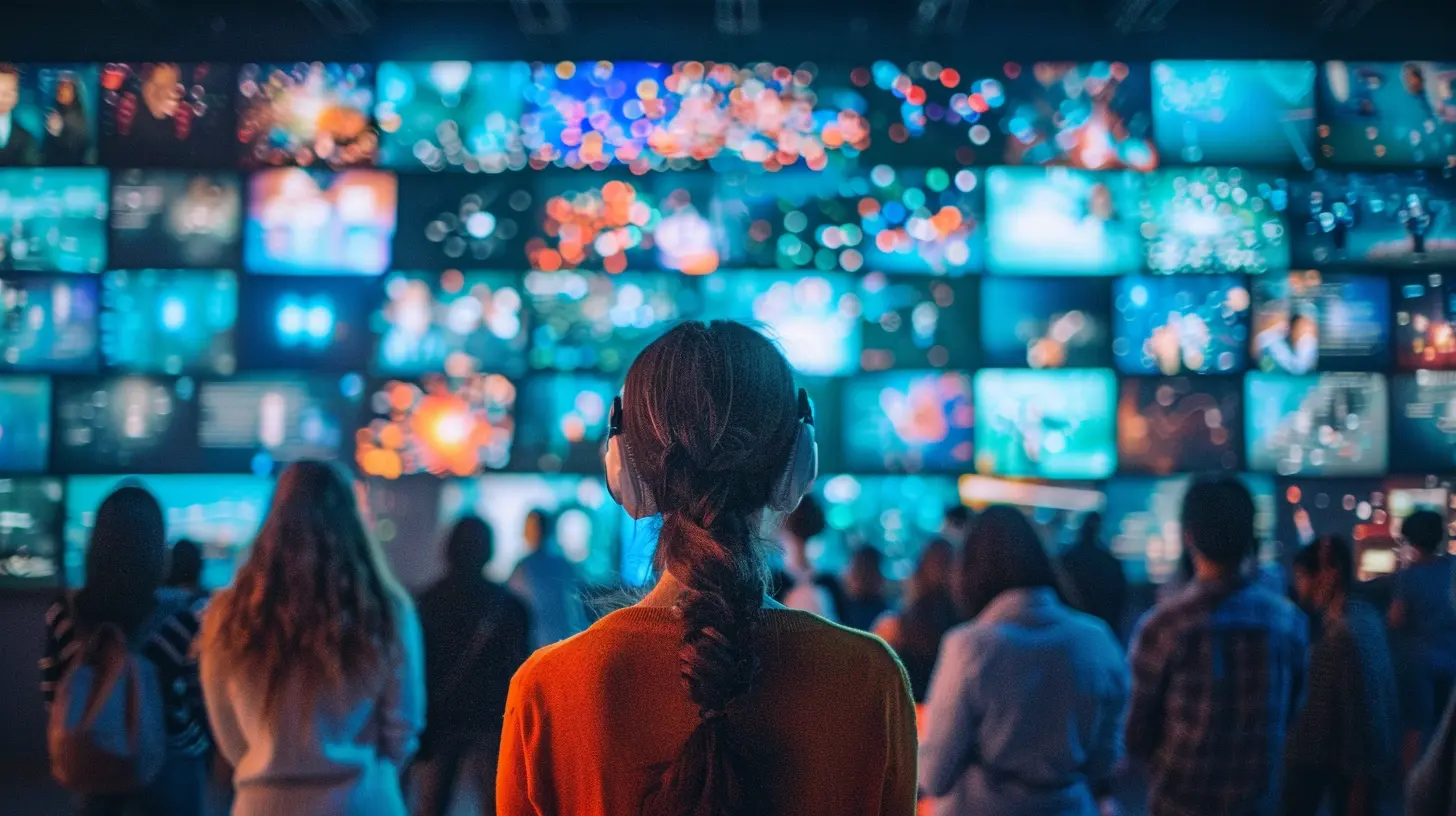
Misinformation and Disinformation: Democracy’s Worst Enemies
We’re living in a time where misinformation (false info shared without harmful intent) and disinformation (false info shared with harmful intent) are spreading like wildfire.From conspiracy theories to deepfake videos, it's getting harder to differentiate between what’s true and what’s totally made up. And the scary part is, these falsehoods don’t just affect individuals—they can swing elections, incite violence, and poison public trust.
You see, when voters are misinformed, they may end up supporting policies or leaders that don’t align with their actual values or needs. That means democracy starts to break down, one misinformed choice at a time.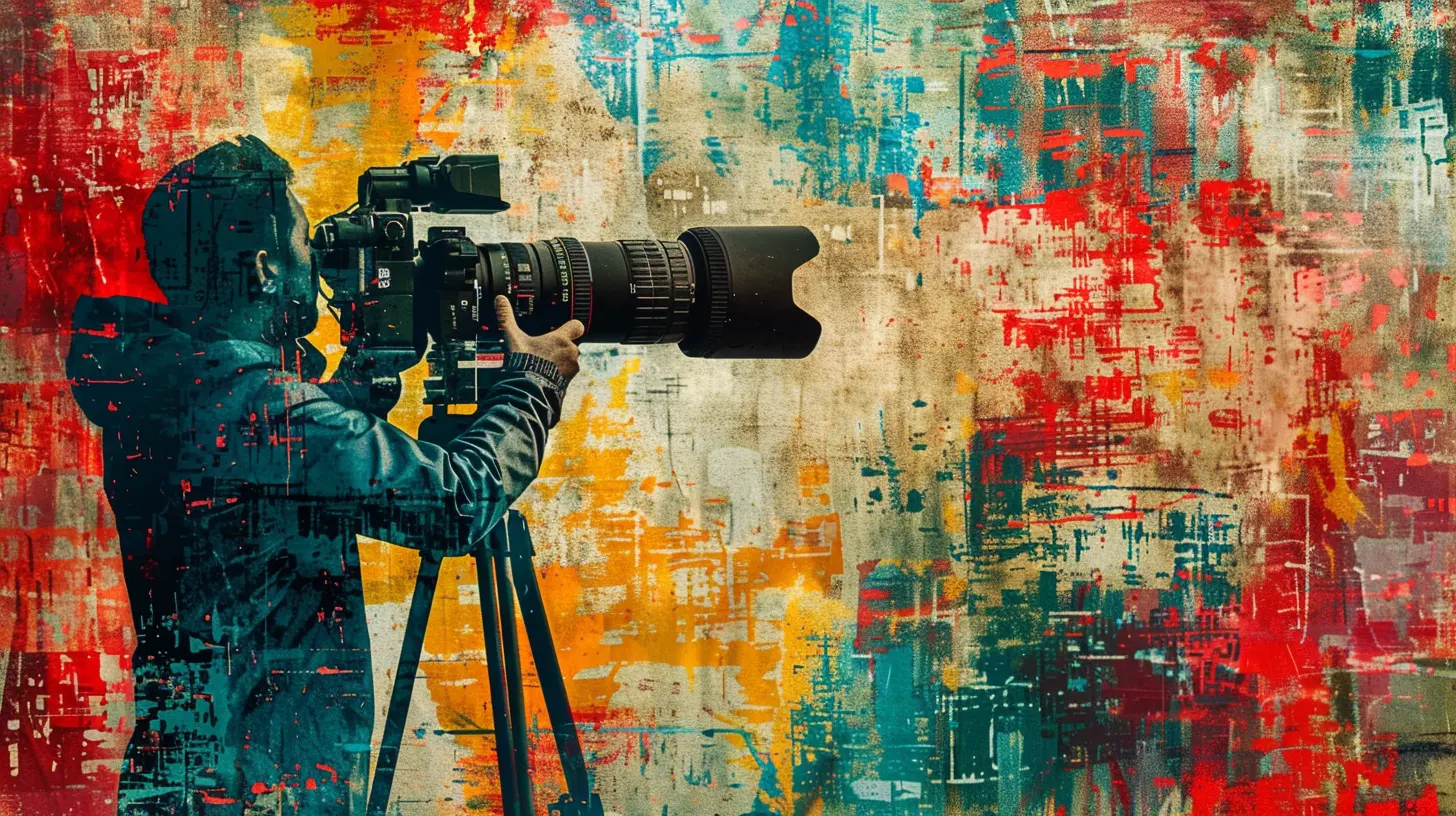
Media Literacy as the First Line of Defense
So how do we fight back?Media literacy is like your personal superhero cape in this battle. When people are media literate, they don’t just consume media—they dissect it, question it, and understand the motives behind it.
Want to know if a headline is legit? A media-literate person will:
- Check the source
- Compare it with other credible reports
- Look for evidence-backed facts
- Be aware of emotional manipulation
All those steps can keep a voter from falling for a cleverly disguised lie. That’s how media literacy becomes democracy’s best friend.
The Role of Social Media: Double-Edged Sword
Ah, social media—the place where cat videos live alongside political debates, and where your uncle might’ve shared that sketchy article “exposing the truth.”Social media has completely changed how we get information. It’s fast, it’s accessible, and it's interactive. But it’s also incredibly vulnerable to misinformation and echo chambers, where people are only exposed to opinions they already agree with.
If we’re not media literate, we’re likely to:
- Trust viral posts blindly
- Engage with content meant to divide
- Spread false information unknowingly
And if enough people do that? Well, it’s a recipe for a divided, dysfunctional democracy.
Media Literacy Empowers Civic Engagement
Let’s flip the narrative though. When people are media literate, they become empowered citizens.They read between the lines. They engage in thoughtful discussions. They challenge their own biases. And most importantly, they make informed choices at the ballot box or town hall.
When you understand how media shapes public opinion, you’re in a better position to be part of the solution, not the problem.
It’s like being a detective in a mystery novel. The better you are at spotting clues and separating fact from fiction, the more powerful your role in shaping the ending.
Teaching Media Literacy: Starting Young Matters
Here's the reality—media literacy isn’t something we’re born with. It has to be taught.That’s why schools play such a critical role. Incorporating media literacy into education from an early age helps kids grow up with the tools needed to navigate digital spaces smartly and responsibly.
They learn how to:
- Question sources
- Recognize bias
- Understand the emotional pull of media
- Spot sponsored or agenda-driven content
Think of it as digital hygiene. Just like brushing your teeth keeps your mouth healthy, media literacy keeps your brain clear of toxic, misleading content.
The Ripple Effect: Stronger Communities, Smarter Decisions
Here’s a cool thing to consider—media literacy doesn’t just benefit individuals. It helps entire communities.When more people in a society are media literate, it leads to:
- Higher voter turnout
- More civil discourse
- Reduced polarization
- Increased trust in credible journalism and institutions
Imagine a town where everyone fact-checks before posting, listens to different perspectives, and votes based on understanding, not outrage. Sounds ideal, right? That’s the power of widespread media literacy.
Governments and Institutions: Their Role in Promoting Media Literacy
Sure, individual responsibility matters, but governments, schools, and media platforms also have a part to play.Many democratic countries are now investing in media literacy programs. Some are even integrating it into national curriculums or launching public awareness campaigns.
It’s like building a media immune system for the population.
Even tech giants like Google and Facebook are starting to support such initiatives (though they’ve got a long way to go).
Why? Because an informed public is good for a stable society—and a stable society is good for everyone.
Real-World Examples: Media Literacy in Action
Let’s get real for a moment. Look at Finland—a country recognized for having one of the most media-literate populations in the world. They introduced media literacy in schools years ago, teaching students how to critically engage with everything from news articles to memes.Result? Lower levels of misinformation spread and greater trust in democratic institutions.
Contrast that with places where media literacy isn’t widely embraced, and you’ll often find higher levels of confusion, conspiracy theories, and divided citizenship.
So, How Can You Become More Media Literate?
Great question! Here are a few quick tips:- Don't believe everything at first glance. Take a minute to fact-check.
- Look for the source. Is it reputable? Is it known for quality journalism?
- Check your bias. Are you only clicking on what confirms your beliefs?
- Read beyond headlines. Sometimes the truth is buried in the details.
- Ask questions. Who benefits from this message? Why was it shared?
Being media literate isn’t about being skeptical of everything—it’s about being smart about what you consume and share.
In a Nutshell: Why Media Literacy and Democracy Are Inseparable
To wrap things up, media literacy and democracy go hand in hand like peanut butter and jelly—one’s just better when the other is around.A democratic society needs informed citizens. And to be informed, we need to be media literate. It’s as simple and as powerful as that.
When we can all tell fact from fiction, engage in respectful dialogue, and think critically about the messages we hear, we’re not just protecting our own minds—we’re strengthening the very foundation of democracy itself.
So the next time you scroll through your feed or hear breaking news, pause for a second. Question it. Analyze it. That little moment could be a small step toward a stronger democracy.
all images in this post were generated using AI tools
Category:
Media LiteracyAuthor:

Madeleine Newton
Discussion
rate this article
1 comments
Zevonis McKeehan
Empowering citizens with media literacy is crucial for a thriving democracy; informed voices shape a brighter, more equitable future.
August 1, 2025 at 4:19 AM

Madeleine Newton
Thank you for your insightful comment! Indeed, media literacy is vital for fostering informed citizenry and strengthening democratic values.
